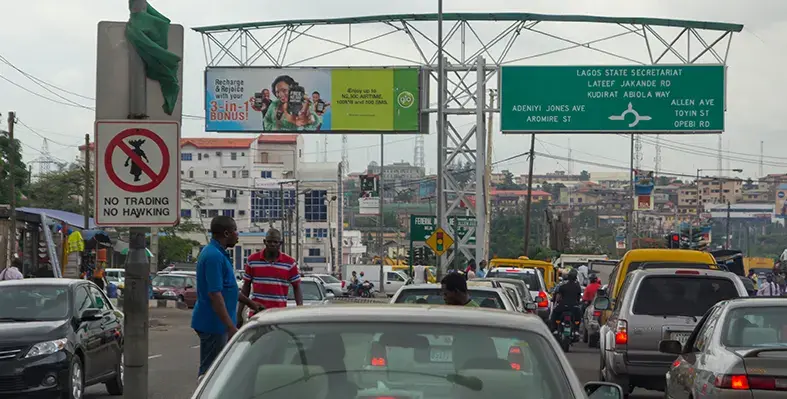The African Development Bank Group (AfDB) has approved a new five-year strategy for Nigeria with a core focus on building up the nation’s infrastructure
The bank has pledged an annual investment of US$650mn through 2030, with US$2.95mn allocated over the next four years. This will be complemented by other development partners to boost roads, power, and other infrastructure sectors.
It said additional funds from co-financing partners would be worth an estimated US$3.21bn, without giving further details.
In a statement, the AfDB said the strategy focuses on two priority areas: promoting sustainable infrastructure and boosting industrialisation.
“The strategy aims to close Nigeria’s critical infrastructure gap – estimated at US$2.3 trillion between 2020 and 2043 – by investing in climate-friendly roads, power and water systems, and supporting agribusinesses that create jobs, especially for women and youth.”
It said the bank’s investments are projected to support Nigeria’s ambition to double the size of its economy to US$1trn and to create more than 1.5 million new jobs.
“This strategy takes a transformative partnership between the bank and Nigeria to a new level,” said Abdul Kamara, director general of the AfDB’s Nigeria office.
“By investing in sustainable infrastructure and inclusive agricultural growth, we are not only building roads, power systems and transforming agriculture – we are building pathways to prosperity for millions of Nigerians.”
The new strategy aligns with Nigeria’s own long-term development plans, including its Agenda 2050, the National Development Plan 2021-2025, and the 2023 Renewed Hope Agenda.
It also supports the country’s efforts to capitalise on opportunities arising out of the African Continental Free Trade Area by boosting energy access, improving transportation networks and enhancing market access for farmers, agro-entrepreneurs and businesses.
According to the AfDB, millions of Nigerians, including micro-, small- and medium-sized enterprises, as well as governments and rural communities, are expected to benefit from improved access to finance, enhanced supply chains, training and business opportunities.
Women entrepreneurs will also receive targeted support under programmes like the bank’s Affirmative Finance Action for Women in Africa (AFAWA) initiative, while youth will gain critical skills to tackle unemployment.
By supporting greener, more resilient infrastructure and agricultural systems, the strategy also aims to strengthen Nigeria’s climate adaptation efforts, mitigating the effects of floods and droughts, the AfDB noted.
Read more:
Hitech hits the Lagos-Calabar highway
Nigeria must scale up decentralised energy, says renewables expert













